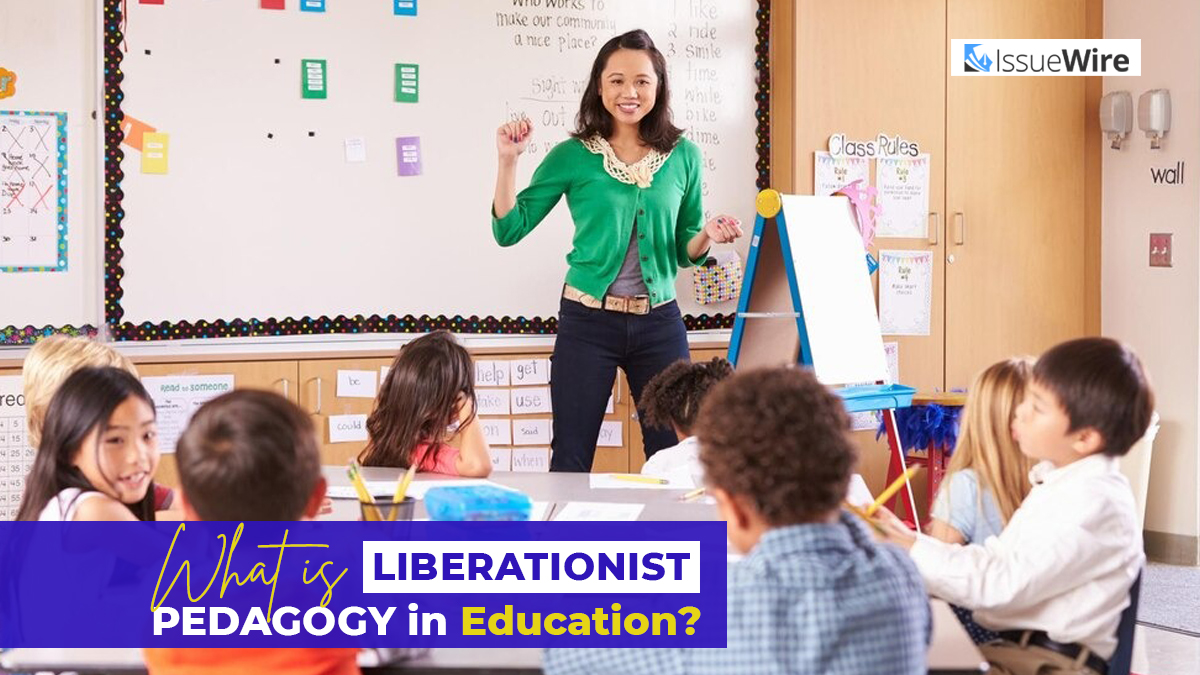How about a virtual classroom where learners could do more than just listen? A space where they could ask questions, explore ideas, and speak freely? Sadly, traditional education often follows strict lesson plans. It uses one method for everyone. This can limit freedom and creativity. That is why liberationist teaching is so important, as it puts the learner at the center. It gives space for thinking and discovery as well as encourages students to take part, not just sit and receive. This leads to a more open and flexible way of learning helps people grow in deeper and more meaningful ways.
What is Liberationist Pedagogy?
Paulo Freire, a Brazilian educator and thinker, first introduced this idea. He questioned the traditional way of teaching, where teachers give out information and students just receive it. Freire believed education should be a way to gain freedom. He said true learning happens when people think for themselves, reflect on what they know, and take control of their own learning.
This way of teaching is called liberationist pedagogy, which has become very useful in today’s time, especially in e-learning. As more people learn online, there is a great chance to build digital spaces where students do not just click through sessions. Instead, they take part in the sessions, ask questions, and choose how they learn.
Since online learners can come from anywhere in the world, each with different stories and experiences - this method fits well. It focuses on the person, not just the content they are learning. The method also gives space for every learner’s voice and helps make eLearning more active, personal, and meaningful.
How to Apply Liberationist Ideology in ELearning?
1. Journaling -
Freire believed reflection is key to action. In digital classrooms, reflective journaling helps students pause and make sense of what they’re learning. It is a learning tool, not just a diary. Many LMS platforms have journal features for weekly thoughts or prompts. For advanced learners, public blogs can track growth and allow feedback. Prompts like “What stood out in this module?” or “What would you do differently?” would work well.
2. Open-ended Questions -
Freire stressed that dialogue is key to learning, and good questions help start that dialogue. In eLearning, this means using open-ended questions that make learners think and share their own views. These can be added to forums, assignments, or placed at the end of videos. Since there is no single right answer, students can explore different ideas and connect what they learn to their own lives and experiences.
3. Peer Teaching -
Freire believed teachers are not the only source of knowledge. He saw learning as a shared process. In online learning, this shows up through peer teaching. When students teach each other, they understand topics better and build community. To try this, you can form student groups, give each a topic, and let them explain it in their own words. They can also create short videos or presentations.
4. Shared Learning Spaces -
Connection is key to liberationist learning. Since eLearning can feel lonely, shared spaces are important. These go beyond group projects. They are places where students connect, ask questions, and explore ideas together. You can start with discussion boards for sharing articles or personal stories. Use tools like Google Docs for co-writing. You can also try virtual study groups through Zoom or Teams, where students can ask questions, share resources, and support each other.
5. Freedom on Projects -
Many eLearning courses still follow a top-down approach where instructors are in full control. Liberationist pedagogy shifts the power to learners. You can let them choose their own project topics and how to present them. Offer task options like interviews, case studies, or mini-courses. For longer courses, let them design a meaningful final product.
Instructional designers can create meaningful spaces where learners feel empowered, connected, and in complete control.








